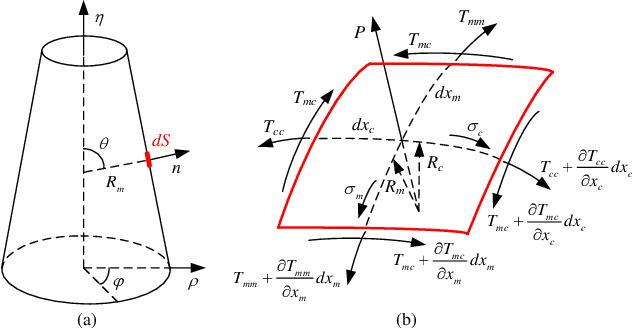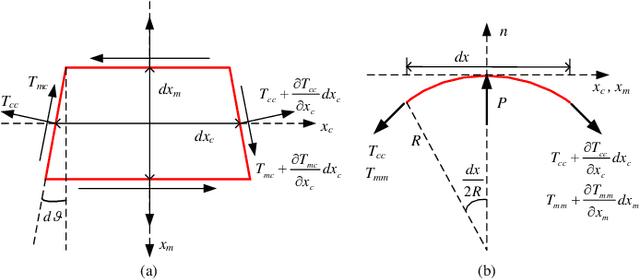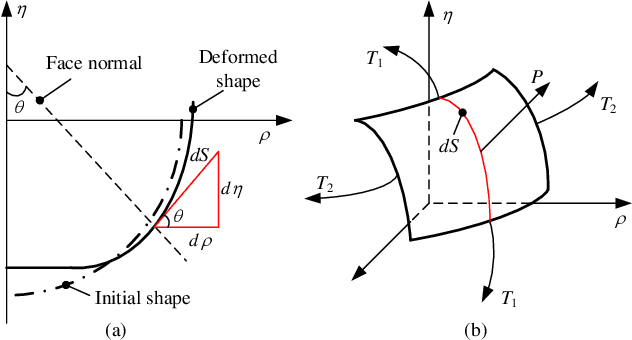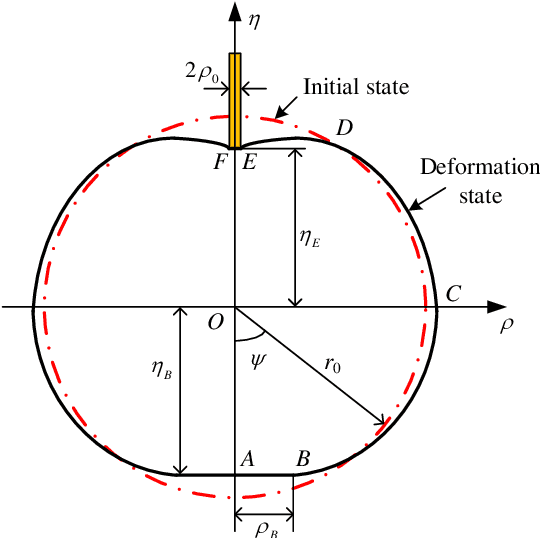Cell Biomechanical Modeling Based on Membrane Theory with Considering Speed Effect of Microinjection
Paper and Code
Nov 28, 2022



As an effective method to deliver external materials into biological cells, microinjection has been widely applied in the biomedical field. However, the cognition of cell mechanical property is still inadequate, which greatly limits the efficiency and success rate of injection. Thus, a new rate-dependent mechanical model based on membrane theory is proposed for the first time. In this model, an analytical equilibrium equation between the injection force and cell deformation is established by considering the speed effect of microinjection. Different from the traditional membrane-theory-based model, the elastic coefficient of the constitutive material in the proposed model is modified as a function of the injection velocity and acceleration, effectively simulating the influence of speeds on the mechanical responses and providing a more generalized and practical model. Using this model, other mechanical responses at different speeds can be also accurately predicted, including the distribution of membrane tension and stress and the deformed shape. To verify the validity of the model, numerical simulations and experiments are carried out. The results show that the proposed model can match the real mechanical responses well at different injection speeds.
 Add to Chrome
Add to Chrome Add to Firefox
Add to Firefox Add to Edge
Add to Edge